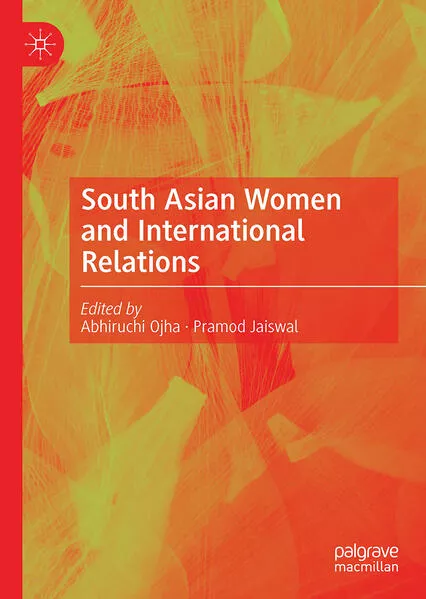
- Publikationen ca: 2
- Fragen & Antworten
Abhiruchi Ojha
Dr. Abhiruchi Ojha is a Faculty at Central University of Kashmir and a Visiting Fellow at Nepal Institute for International Cooperation and Engagement (NIICE). She has previously taught in Lady Shri Ram College for Women (University of Delhi), Nelson Mandela Centre for Peace and Conflict Resolution (Jamia Millia Islamia), and Ambedkar University Delhi. She has been part of several research projects, including one on Dalit women and Indian politics for International Development Research Centre (IDRC), Canada and Indian Institute of Dalit Studies (IIDS). She recently finished a project for National Commission for Women (NCW-India) on Domestic Violence in Kashmir. She holds a PhD from Jawaharlal Nehru University (JNU) and her publications have explored the linkages of gender, politics, and identity. She is presently working on examining the intersection of gender and technology, with a special focus on Artificial Intelligence.
Dr. Pramod Jaiswal is Faculty at Tribhuvan University and a Research Director at Nepal Institute for International Cooperation and Engagement (NIICE), Kathmandu. He is Visiting Fellow at Sandia National Laboratories, Cooperative Monitoring Center, Albuquerque, New Mexico, US; Senior Fellow at the Institute of Peace and Conflict Studies, New Delhi and Researcher at South Asian Studies, Institute of Asian Studies, Chulalongkorn University, Bangkok. He holds a PhD from School of International Studies, Jawaharlal Nehru University, New Delhi and is in the Editorial Board of several journals.
South Asian Women and International Relations
This book presents South Asian women’s voices which have been marginalised in the theory and practice of international relations in the region. It highlights critical issues of importance for women which are often neglected in traditional International Relations (IR).
South Asian Women and International Relations
This book presents South Asian women’s voices which have been marginalised in the theory and practice of international relations in the region. It highlights critical issues of importance for women which are often neglected in traditional International Relations (IR).

